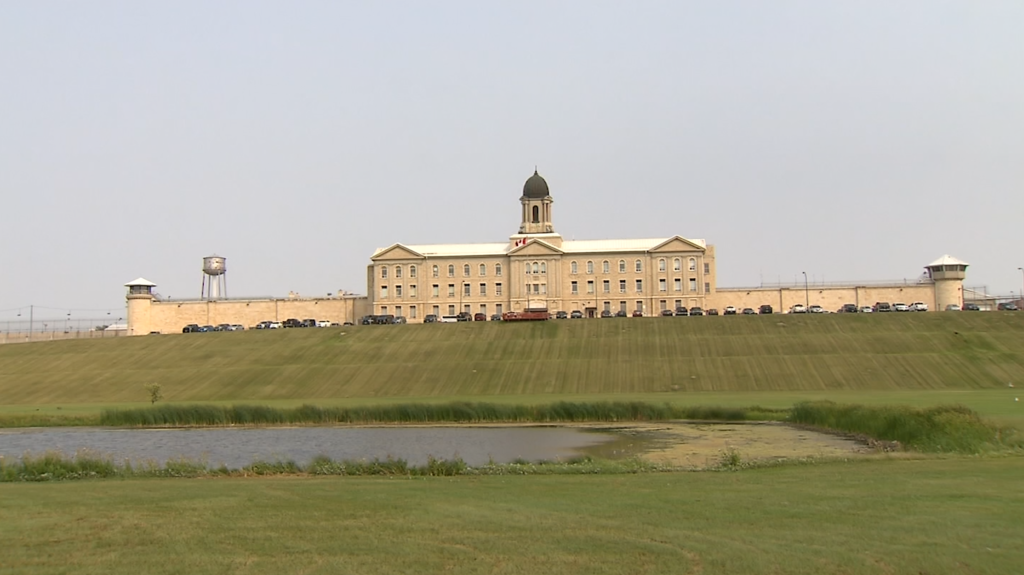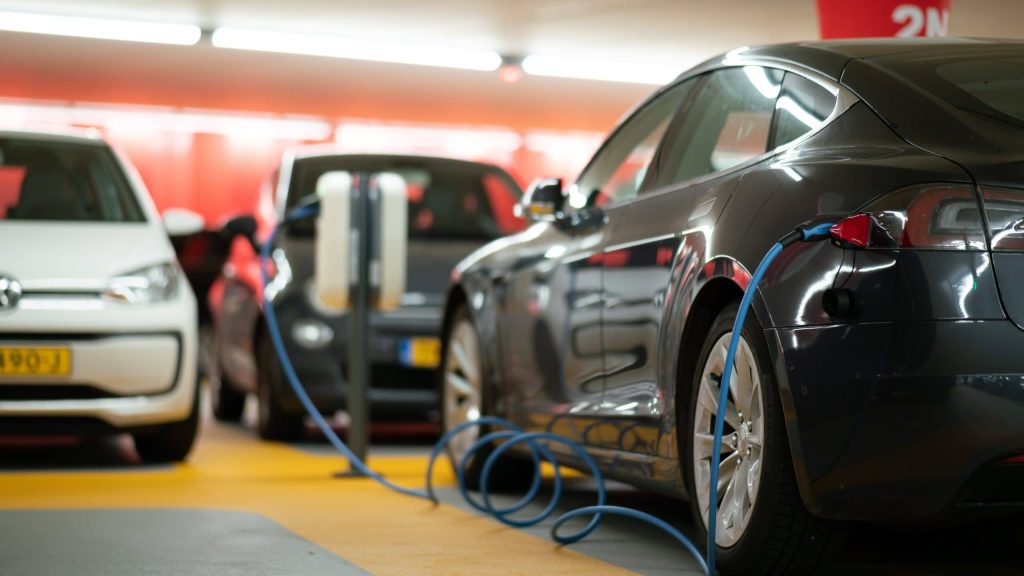Hydro rates, health care dominate debate as Manitoba legislature begins fall sitting

Posted September 28, 2022 6:16 pm.
Manitoba’s electricity rates are shaping up to be a key issue in the fall legislature sitting that started Wednesday.
The rates have traditionally been the second-lowest in the country, behind Quebec’s, but there are warnings that Crown-owned Manitoba Hydro must boost its finances and address its growing debt load.
The Opposition New Democrats called on the Progressive Conservative government to withdraw a bill that would set financial targets for the utility while capping any rate hikes at five per cent or the rate of inflation, whichever is lower.
“Increasing hydro rates on the good hard-working people of Manitoba at this time is a mistake,” NDP Leader Wab Kinew said in the first question period of the fall sitting.
The NDP delayed passage of the bill in the spring. They said the bill essentially assures rates will go up five per cent, due in part to debt-reduction targets that would be set by the government to guide the Public Utilities Board, the provincial energy regulator.
Finance Minister Cameron Friesen, the minister responsible for Manitoba Hydro, said the bill strikes a balance by ensuring annual rate hikes are measured but also big enough to let Hydro stop its debt from growing.
“Hydro cannot remain indefinitely at a debt-equity ratio of 88-12,” Friesen said.
The utility’s debt ballooned over several years under the former NDP government when megaprojects, including a new generating station and a main transmission line, ran a combined $3.7 billion over budget.
While the regulator has approved rate hikes of between two and four per cent most years – including a five per cent hike in 2008 – a credit-rating agency recently warned the increases are not enough.
“Rate increases are nominally set on a cost-of-service basis. However, they have not been keeping up with costs as evidenced by ongoing weak financial metrics,” Moody’s Investors Service wrote in a credit opinion in May.
“Given the company’s ongoing weak financial profile and limited rate increases we may reassess our view of Manitoba Hydro’s self-sufficiency.”
Manitoba Hydro’s chief executive officer has also warned that higher rates are needed because the utility’s debt load is much higher than that of other provincial utilities.
Kinew said an NDP government would keep rates low. But he wouldn’t say how that would be done if the regulator approved a rate of five per cent or more.
“I think you’re going to be very excited to see our plans for Manitoba Hydro as we get closer to the election (next year),” Kinew told reporters.
The election is slated for October of next year and opinion polls, since the fall of 2020, have consistently suggested the NDP has a strong lead over the Tories. The drop in Tory support started during the second wave of the COVID-19 pandemic and continued during the third wave, when dozens of intensive care patients were flown to other provinces due to a shortage of beds.
Kinew said the NDP will focus a lot of its time on health care during the current session, which is to end in early November.
“There are still too many nurses and doctors who are leaving the system and we should start to improve the work situation in hospitals so we can keep front-line workers.”
This report by The Canadian Press was first published Sept. 28, 2022








